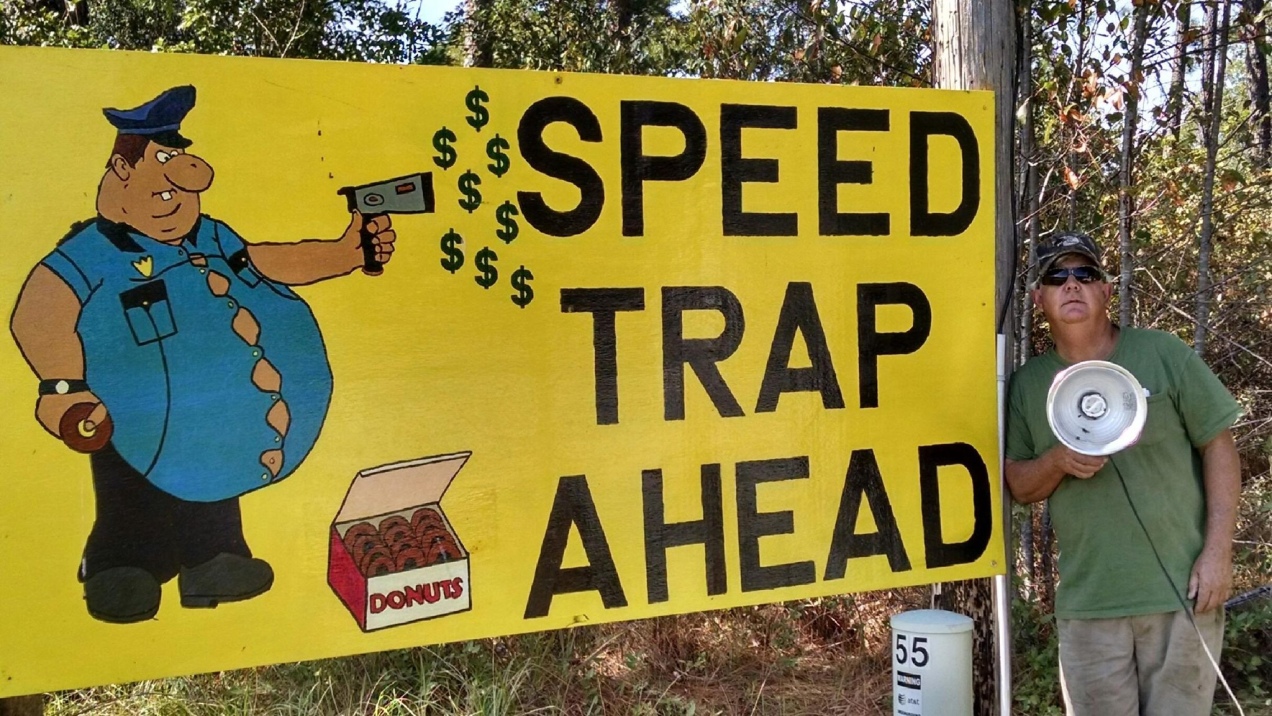“I know I can solve the problems you are having.”
It was a bold statement. One based on experience, and confidence in both my company’s products, and my own experience in their proper application.
I had stopped in to visit this business completely unannounced, and without any prior knowledge that they even existed. I just passed by them on a highway, on my way home. With over two hours left in my trip home, combined with the fact that it was almost 4:00 in the afternoon; a big part of me just wanted to keep on driving. I pulled in anyway, intending only to introduce myself, and hopefully set an appointment for my next trip through town.
Based on my conversations with three different people over the following minutes, they decided to see if I could indeed solve the problems they have been having. Today is the day of reckoning. Less than two weeks later, I will soon leave to spend the day working with their staff to put my product to the test. I remain confident, and look forward to seeing a dramatic difference today.
What is their problem? Well, it is smoke. The products they have tried thus far have both smoked, and smoked badly. Because of this smoke, their entire shop is filled with a sour smell. The rotten egg smell of burning sulfur. They are desperate for a solution, and my confidence helped inspire open-mindedness on their part.
I am so excited to for today. Excited to seeing the difference their open-mindedness will make for that one machine operator, and all of the people who work around him.
Open-mindedness is a foundational principle of recovery. All too often, when I think of practicing open-mindedness, I think only of the act of practicing it on my part. Or, if I see open-mindedness in another person’s life, only of their role in that practice. However, this one-sided view overlooks a vital component of open-mindedness. That component is inspiration.
Using my own experience with open-mindedness in recovery as an example, I did not just wake up one day and magically decide to try a Twelve Step recovery program. My decision to allow God to work though the steps and spiritual principles was not made in a vacuum.
I had become sick and tired of the person I become when I’m using drugs. Sick and tired of the complete disregard for any moral compass drugs instill in me, and of the way that drugs were making life miserable for the people around me. The stench of that misery was worse than even the strongest smell of burning sulfur.
Then, quite by chance, I happened to strike up a conversation on the internet with Amanda. We had never met before. My intentions were terrible. I was looking for someone interested in doing drugs together. What I found instead was someone who was in recovery, and had great confidence in its ability to change lives. She had seen what it was doing in her own life, and the lives of her friends, and was very open to sharing that confidence with me.
It was not long after I finally admitted that I “Might just have a little drug problem of my own,” that I found myself seated next to her at my first Twelve Step meeting. Over the coming months, I kept coming back, and as I did, the confidence of the recovering addicts in the room inspired open-mindedness on my part. I made the decision to begin working the steps with my sponsor. Prayer and meditation became a meaningful part of each day. Meeting attendance became about more than just filling a seat and hanging out with my new friends. I even began learning about the recovery process by studying literature that was written by addicts, for addicts.
What do you know??? I not only got clean, but actually began to recover. That stench that once filled my life began to lift. My life was changed. Changed by, among other things, open-mindedness that had been inspired by the confidence others had in the recovery process.
I still practice open-mindedness today. As I do, I pray that God would also equip me with confidence to share this simple truth: an addict, any addict, can stop using drugs, lose the desire to use, and find a new way of life.
Have a remarkable day!









